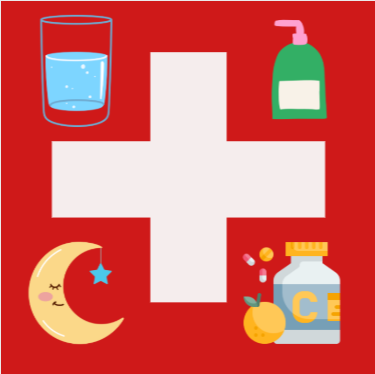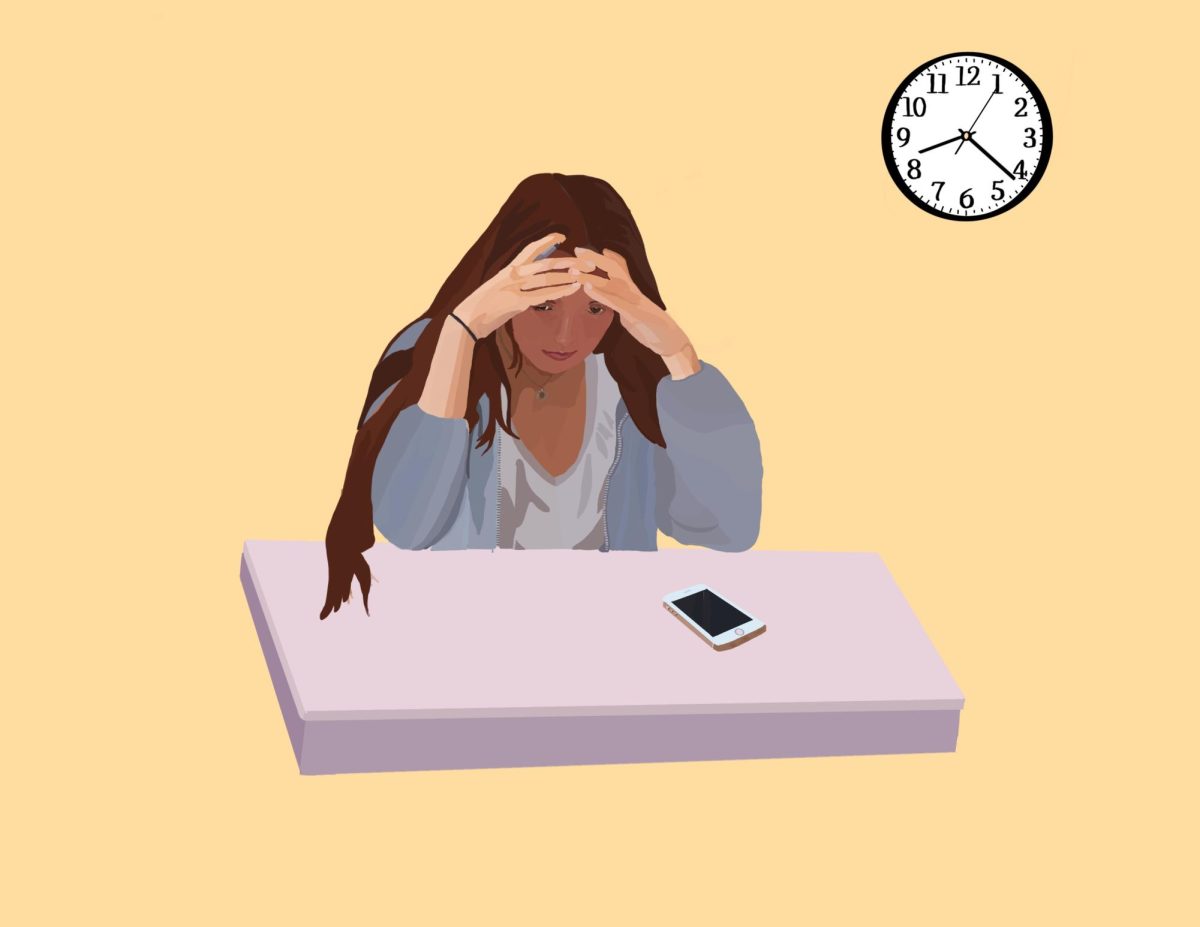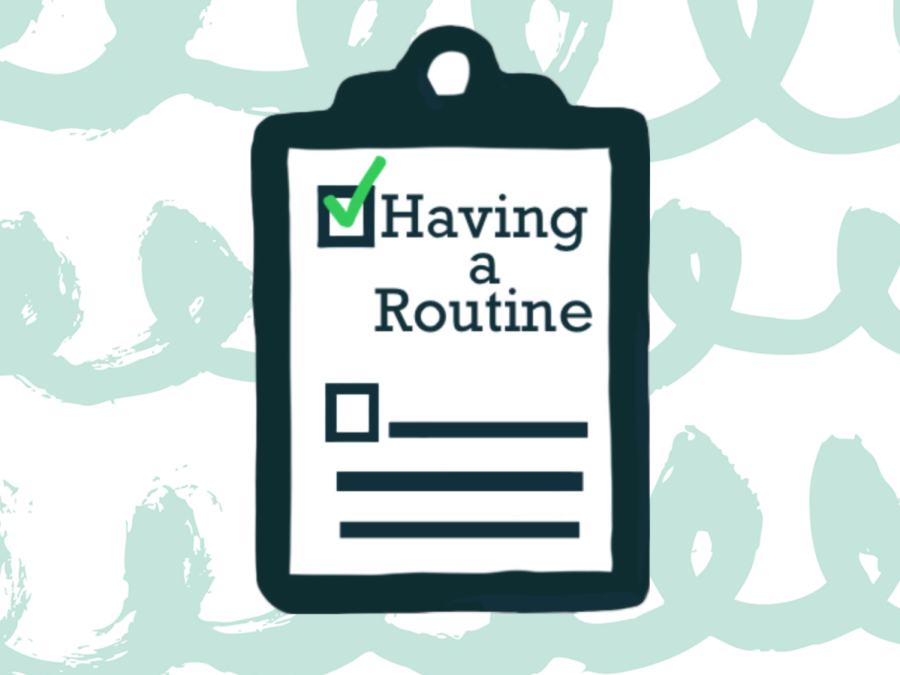During the winter most people look forward to the holidays, but along with the holidays comes winter sickness. The winter is the most common time of year when people get sick. During the cold weather, disease transmissions rise due to people being inside more with a lack of ventilation. Schools have some of the highest transmission rates because of the closeness in classrooms and the pressure to attend when suffering through sickness. As a result, schools create the perfect breeding ground for germs and the highest rates of sickness.
Not all hope is lost though, as people can take proper precaution to prevent sickness from spreading or for people contracting it.
One of the most important factors to staying healthy is proper hygiene. To maintain proper hygiene, one must consistently wash their hands for 20 or more seconds with soap and warm water after they use the bathroom. People should also use hand sanitizer after they blow their nose, cough, or sneeze. If proper sanitation is not used, the germs on one’s hand can spread on desks, door handles and other commonly touched objects.
Sleep also plays a big role in maintaining strong immune systems. Without a proper amount of sleep our immune system is left compromised, resulting in it having a hard time fighting viruses and bacteria off. Researchers propose that high schoolers should be getting from eight to ten hours of sleep per night. Instead, most are only getting around seven hours. With a deficiency in sleep, the immune system is not able to repair itself, which makes it easier for bacteria and germs to affect us.
Another way to prevent sickness is to take vitamins. The National Institute of Health suggests that taking vitamin A, vitamin C, vitamin D, vitamin E, selenium and zinc are all great to take to prevent illness. A vitamin that incorporates most of the above is from Nature’s Bounty, called “Immune 24+.” This one vitamin includes vitamin A, vitamin C, vitamin D, vitamin B-6, vitamin B-12, folate, biotin, pantothenic acid, magnesium, zinc, elderberry, echinacea and astragalus. Through the use of vitamin supplements, you are giving your immune system extra support.
Finally, drinking lots of water will help strengthen your immune system. Researchers say people should be drinking between 48 and 64 ounces of water a day. Many people do not drink the proper amount of water, making it much harder for people’s bodies to flush out bad bacteria. Further, dehydration can create stress in your body and decrease your immune system’s effectiveness.
Ultimately, sickness is unavoidable. In schools, there is almost always someone sick, whether it be in your classes or passing you in the halls. While preventing sickness is not always guaranteed, these tips will lead you in creating a healthier lifestyle and aid your immune system.























